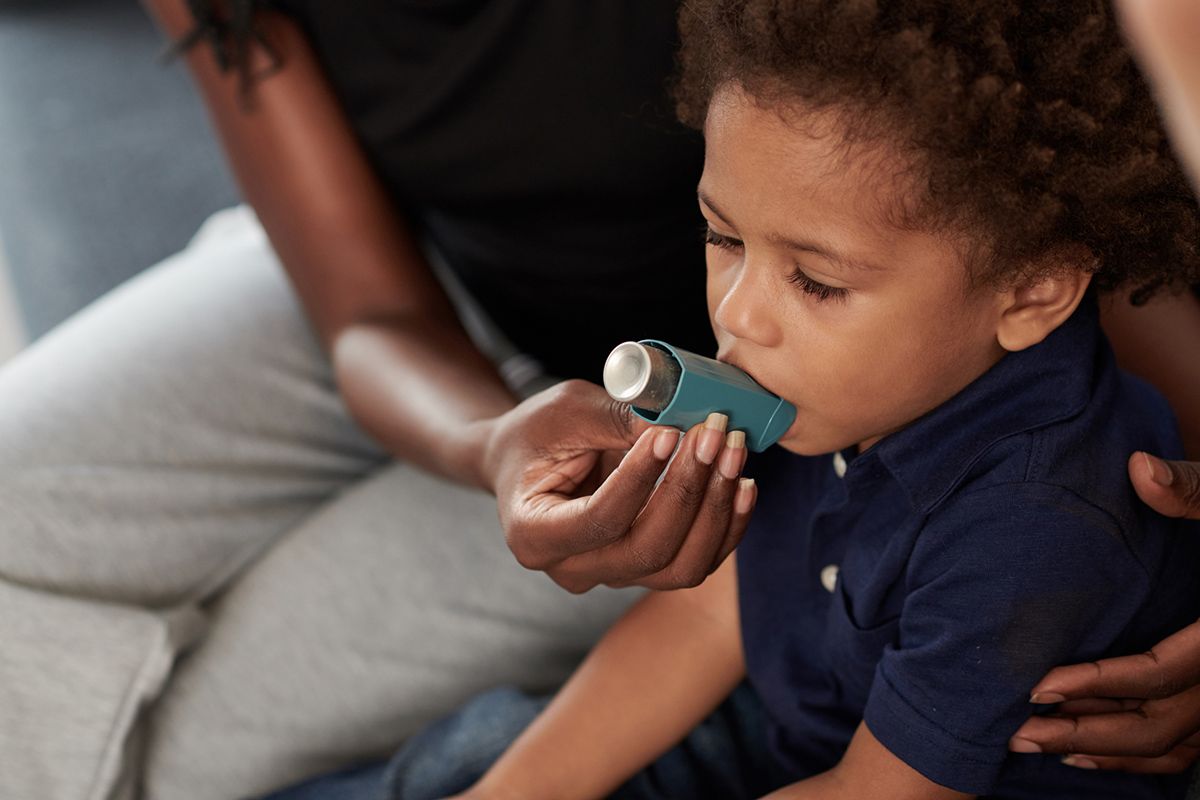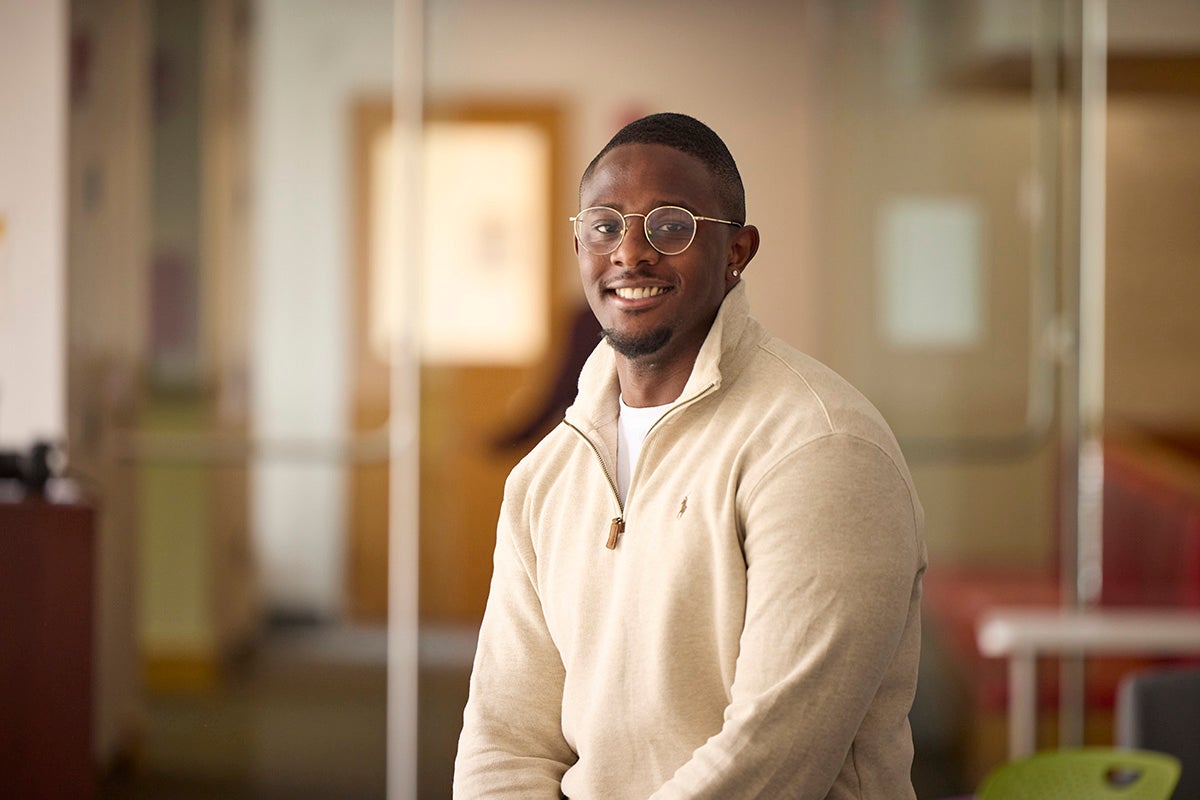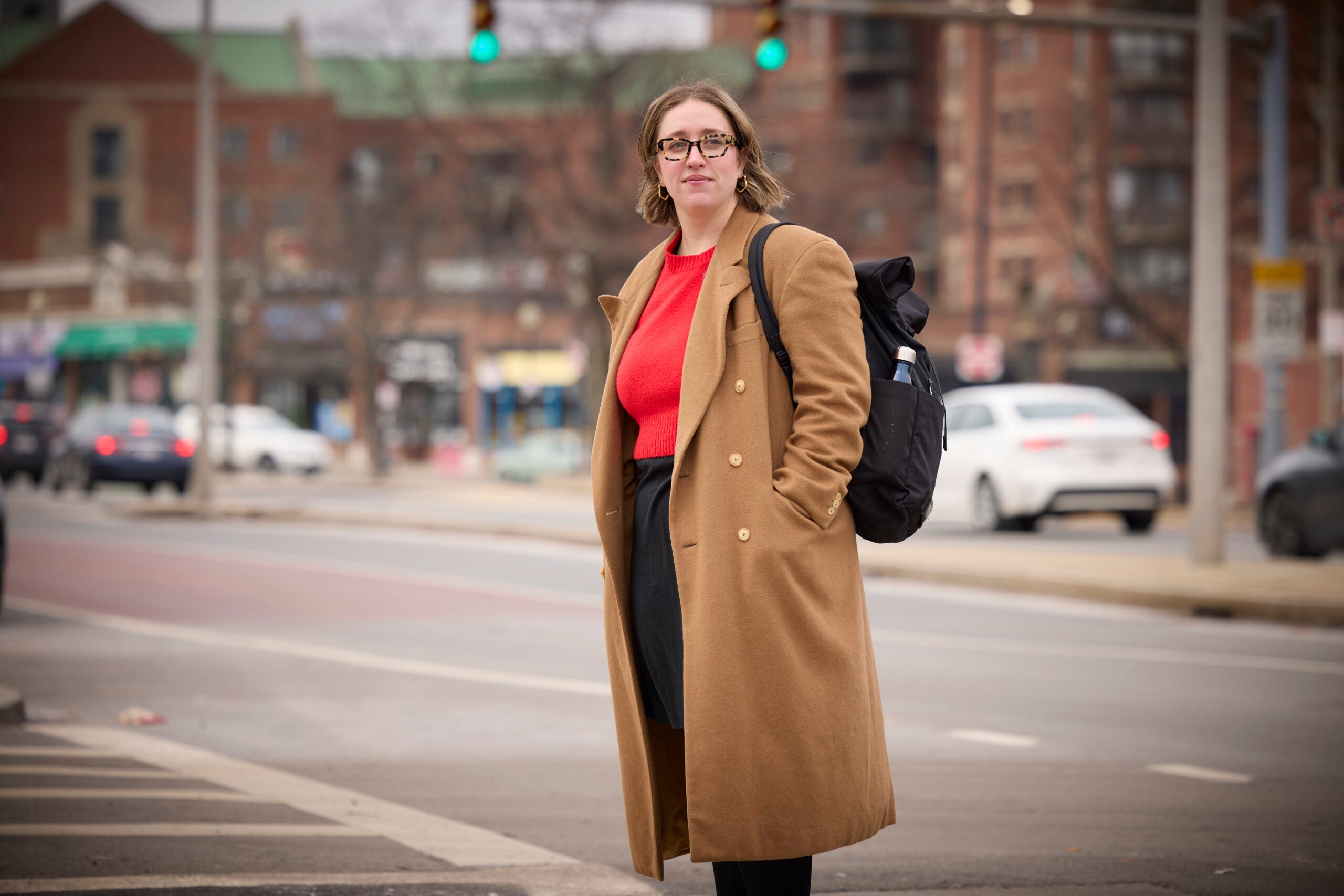Related Topics
Improving life expectancy for youth with HIV in U.S.
While life expectancy remains lower among youth with HIV, these gaps have less to do with the disease itself and more to do with disengagement from care and other sociodemographic factors, according to a new study co-authored by…

Identifying risk factors for suicidal ideation in Indian adolescent girls
Adolescent girls in India have a higher risk of suicidal ideation if they experience psychological distress or intergenerational violence, according to a study.

A molecular dive into how cells sense nutrients
Krystle Kalafut, PhD ’24, studies the liver’s response to insulin, revealing potential mechanisms involved in obesity and diabetes.

Air pollution, socioeconomic disadvantages may increase children’s risk of asthma
Early life exposure to air pollution may increase children's risk of developing asthma—especially among socioeconomically disadvantaged children, according to a new study co-authored by Harvard Chan School.

Chronic exposure to air pollution may increase risk of cardiovascular hospitalization among seniors
Chronic exposure to fine particulate air pollutants may increase seniors’ risk of cardiovascular hospitalization, according to a new study led by Harvard Chan School.

Improved future pandemic responses hinge on more government involvement, experts say
Increased government oversight of public health research, disease surveillance, and policy is critical to saving lives and promoting equity during future pandemics, according to Harvard Chan School faculty.

‘I’m going to fix everyone’
Despite his challenging start in rural Jamaica, James Frater, MPH ’24, overcame enormous obstacles to achieve his lifelong goal of becoming a doctor. He then helped others dream big.

Promoting breast cancer equity in rural communities
Jen Cruz, PhD ’25, finds deep personal meaning in her work conducting community-engaged research on breast cancer inequities in rural settings.

Investigating links between air pollution, stillbirth, race, and income
A new study examined the association between exposure to fine particulate matter found in outdoor air pollution and risk of stillbirth, as well as racial and socioeconomic disparities.

Senior physicians may care for fewer patients with Medicaid and from racial/ethnic minorities than junior physicians
Senior physicians may avoid seeing racial minorities and lower paying Medicaid-insured patients compared to junior physicians in the same practice, according to a new study led by Harvard T.H. Chan School of Public Health.
